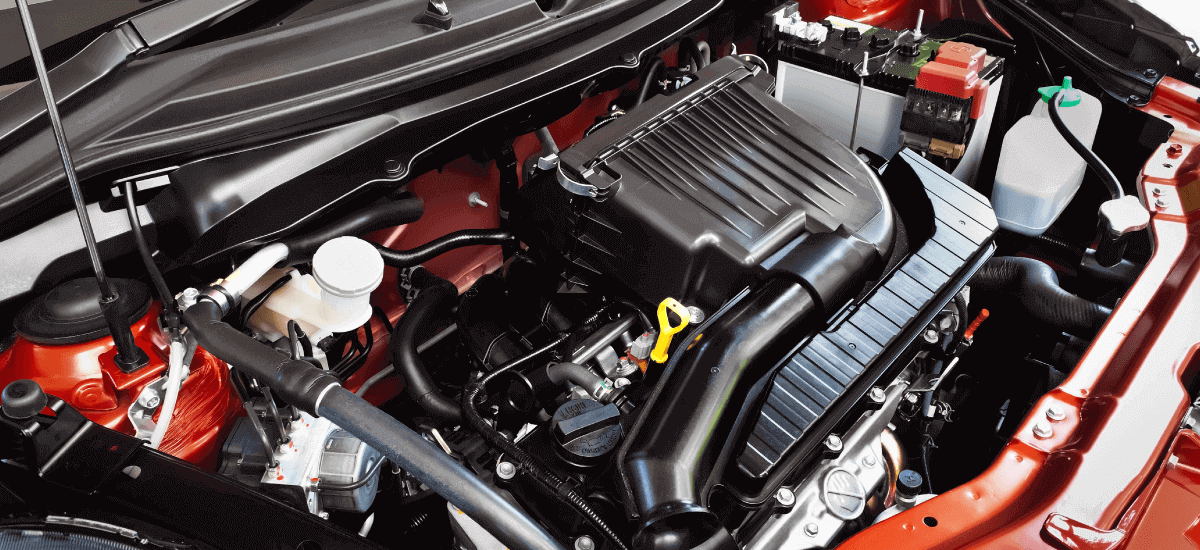Indian summers can be harsh, with temperatures soaring well above 40°C in many parts of the country. These extreme conditions can put a significant strain on your car’s engine, leading to overheating and potential damage. To ensure your car performs optimally despite the scorching heat, it is essential to follow some practical tips and maintenance routines. This article covers effective strategies to keep your car engine cool during hot Indian summers.
Regularly Check the Coolant Level
The coolant plays a vital role in maintaining your engine’s temperature. Low coolant levels can cause the engine to overheat, especially during long drives in hot weather. Make it a habit to check the coolant level at least once a week during summer months. Top up with the recommended coolant mixture if it’s running low. Remember to check the coolant level when the engine is cool to avoid injury from hot steam.
Use the Right Coolant Mixture
The ideal coolant mixture for Indian summers typically consists of a 50:50 ratio of coolant and distilled water. This balance ensures optimal heat dissipation and prevents the coolant from boiling over. Using plain water or an incorrect mixture can reduce cooling efficiency and cause corrosion within the cooling system. Always follow the manufacturer’s guidelines when choosing the coolant type and mixing ratio.
Keep an Eye on the Temperature Gauge
Your car’s dashboard has a temperature gauge that indicates the engine’s current temperature. Regularly monitor this gauge while driving, especially during hot afternoons. If the needle moves towards the red zone, it’s a clear warning that the engine is overheating. In such cases, stop the car in a safe place, turn off the engine, and let it cool down before checking under the hood.
Park in the Shade
Direct exposure to sunlight not only heats up the car’s cabin but also raises the engine’s temperature, even before you start driving. Whenever possible, park your car in shaded areas or under a covered parking lot. Using a windshield sunshade or car cover can also reduce internal temperatures, making it easier for the engine to stay cool when you start the car.
Turn Off the AC When Idling
Running the air conditioning while the car is stationary puts additional load on the engine, leading to overheating. If you are stuck in traffic or parked for a short time, consider turning off the AC to reduce the engine load. Instead, roll down the windows to maintain ventilation. This simple practice can help prevent the engine from overheating in congested areas.
Maintain Proper Radiator Health
The radiator is essential for cooling the engine. Over time, dust, grime, and debris can clog the radiator fins, reducing its efficiency. Periodically clean the radiator with a gentle water spray to remove accumulated dirt. If the radiator shows signs of rust or leakage, get it inspected and serviced by a professional mechanic. Replacing worn-out radiator hoses is also crucial for maintaining optimal cooling performance.
Check the Fan and Fan Belt
The radiator fan plays a crucial role in maintaining airflow through the cooling system. Make sure the fan is functioning correctly, as a faulty fan can cause rapid overheating. Additionally, inspect the fan belt for any signs of wear or looseness. Replacing a worn-out belt ensures the fan runs efficiently, keeping the engine temperature under control.
Monitor Engine Oil Levels
Engine oil not only lubricates but also aids in cooling the engine. Low oil levels can cause increased friction and overheating. Regularly check the oil level using the dipstick and top up as needed. Using high-quality synthetic oil with better heat resistance can further protect the engine during hot weather.
Avoid Overloading Your Car
Carrying excess weight puts additional strain on the engine, causing it to heat up more quickly. Avoid loading your vehicle beyond its capacity, especially during long trips. Removing unnecessary items from the trunk and limiting passenger count can significantly reduce the engine’s workload.
Take Breaks During Long Drives
If you’re planning a long road trip in the summer, take regular breaks to allow the engine to cool down. Turning off the engine during these breaks will reduce the risk of overheating. Additionally, avoid pushing the car at high speeds for prolonged periods, as this can cause excessive heat buildup.
Use Engine Coolant Additives
Some coolant additives can enhance the heat transfer properties of the coolant, helping maintain a stable engine temperature. These additives reduce the formation of hotspots and improve overall cooling efficiency. Consult your mechanic before using additives to ensure they are compatible with your car’s cooling system.
Conclusion: Stay Cool on the Road
Keeping your car engine cool during hot Indian summers requires proactive maintenance and smart driving habits. By regularly checking coolant levels, maintaining the radiator, and being mindful of engine load, you can minimize the risk of overheating. Following these best practices will not only protect your engine but also enhance your driving experience, even in the hottest weather conditions.

